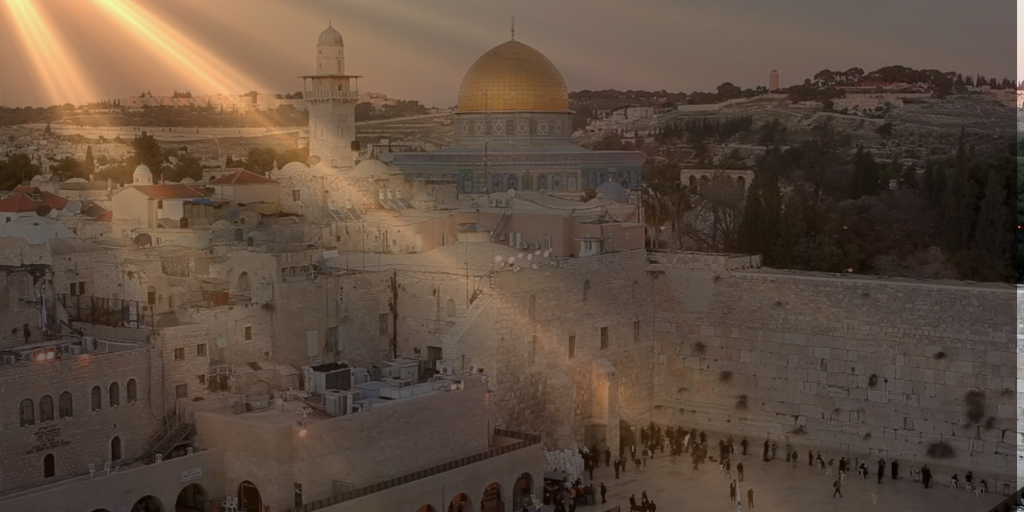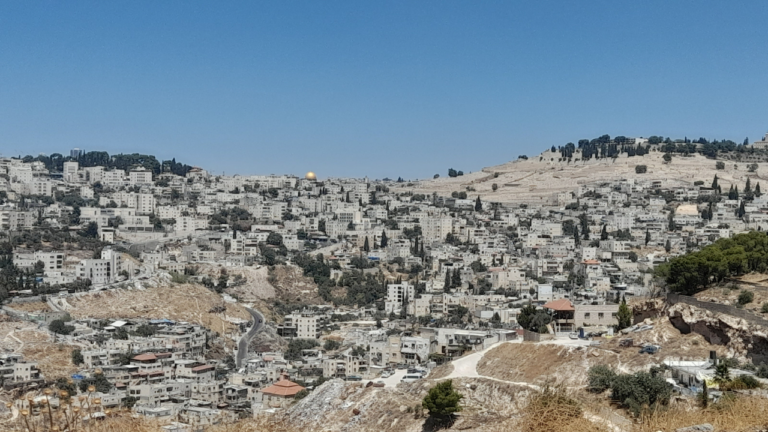The Long and Steady Path Back To Jerusalem
The haftorah for Shabbat HaGadol is the last chapter of Malachi. As Malachi was the final prophet and this was his closing message, the themes of the haftorah are presumably crucial lessons for the long post-prophetic period that descended upon the world with Malachi’s closure. On a basic level, this is epitomized by the final set of verses of the chapter which discuss the need to always remember the Torah of Moshe and that one day Eliyahu will come as the harbinger of redemption. In our long hiatus from direct communication with God we need to inculcate within ourselves the need to always look to the Torah for guidance and to always look forward to the promise of redemption.
This latter point of the promise of redemption is a theme that runs through the chapter. God calls upon His people to have patience and to keep to the steady and straight course of the service of God despite the confusing nature of the exilic period. For example, we read that the Jewish people accused God that serving Him is a worthless and futile gesture:
You have said, “It is futile to serve God, and what profit do we get for keeping His charge and for going about in anxious worry because of the Lord of Hosts?” And now we praise the bold transgressors. Yea, those who work wickedness are built up. Yea, they tempt God, and they have, nevertheless, escaped.
The shortcode is missing a valid Donation Form ID attribute.
There is a danger of losing one’s faith during the exile when the world does not function in the manner described in the Torah. The people who are wicked seem to escape and experience success while those who continue to serve God do not seem to receive their promised reward.
God’s response is to promise that everything is recorded in a “book of remembrance” and even though things are not clear today, all will be sorted out in the end of days:
Then the God-fearing men spoke to one another, and the Lord hearkened and heard it. And a book of remembrance was written before Him for those who feared the Lord and for those who valued His name highly.
The challenge of this time period is to hold onto this long and steady path despite the lack of overt signs.
Perhaps this theme is the reason that the first positive message in the chapter is that in the messianic era God will once again return to Jerusalem:
And then the offerings of Judah and Jerusalem shall be pleasant to the Lord, as in the days of old and former years.
There is no greater symbol of steady patience and stubborn steadfastness than Jerusalem. Despite the city oscillating from Roman to Muslim, to Christian, to Muslim and then to British rule and the sheer improbability that Jews would ever return en-masse to their holy city, Jews never lost their faith in this return. Jerusalem is the paradigm for the type of service that is necessary throughout the long and bitter exile. May we soon merit the day when God returns to Jerusalem and the meaning of history becomes clear.



